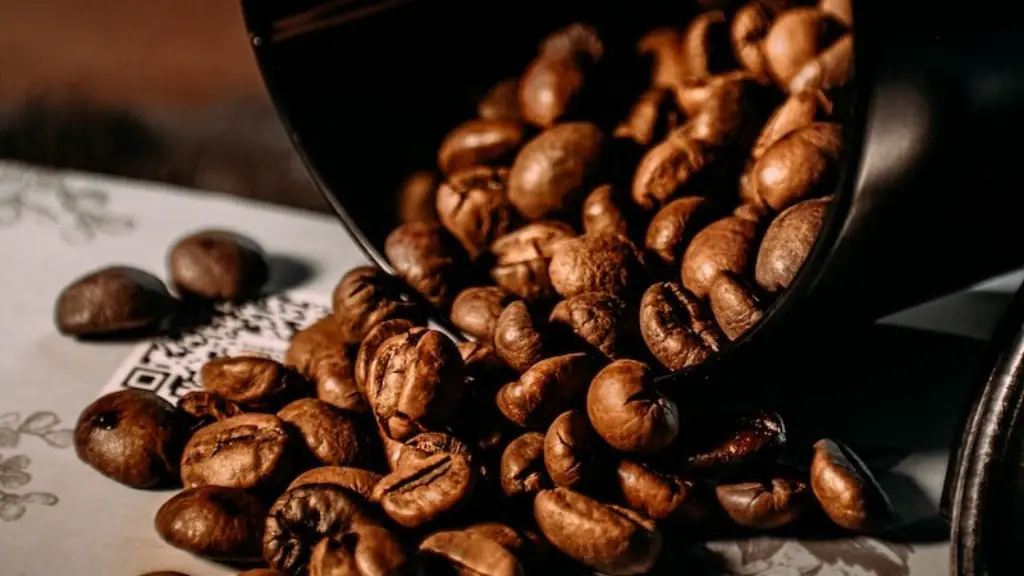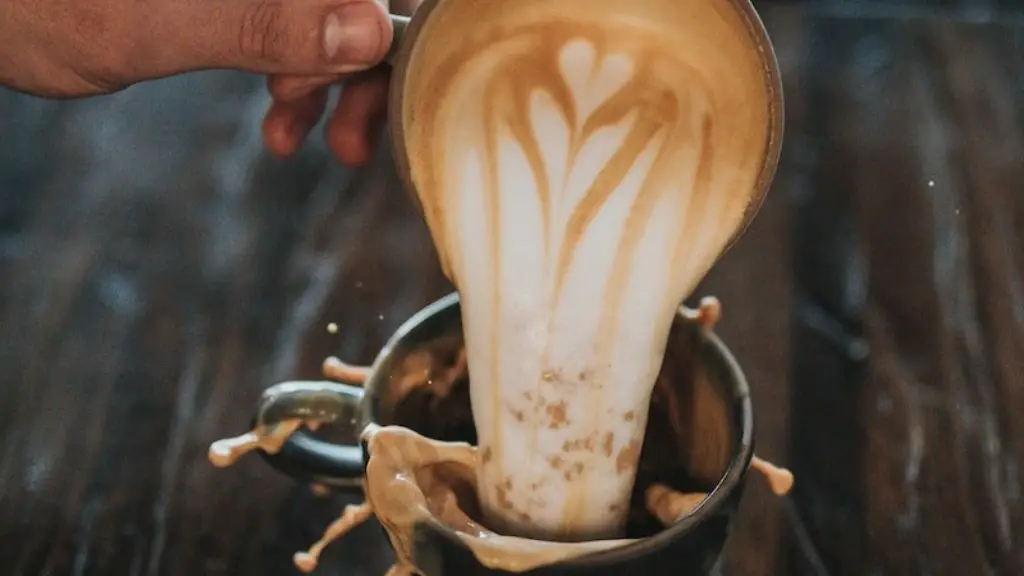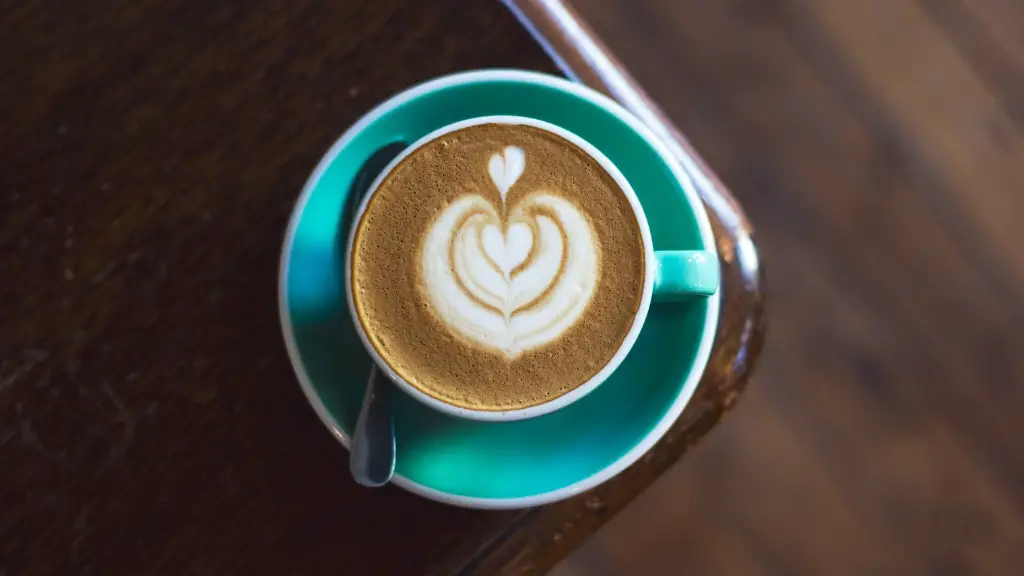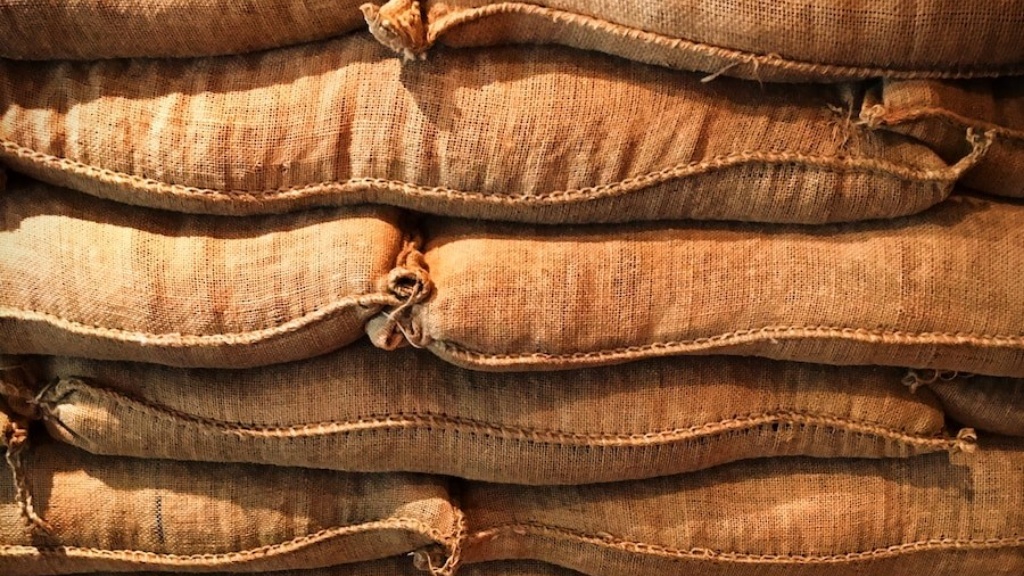Coffee-lovers often wonder whether having their cup of joe before or after breakfast is more beneficial. After all, coffee’s rich blend of antioxidants, vitamins, and minerals can offer some highly desired nutritional benefits. But is there a better time for you to enjoy your cup of coffee? Let’s take a deeper look.
Recent studies by the Harvard School of Public Health suggest that drinking coffee before breakfast can impact blood sugar levels. By drinking coffee before breakfast, your body may be utilizing the glucose in your bloodstream more efficiently. This is due to the foreign compounds in the coffee being recognized as food by your body. So if your aim is to keep your blood sugar levels regulated, then it may be best to enjoy coffee before breakfast.
Nutrition experts, however, generally agree that it’s best to have coffee after breakfast. This is because coffee can suppress your appetite if you drink it on an empty stomach. Unfortunately, this can mean that you won’t eat breakfast, which is the most important meal of the day. Skipping your breakfast will mean that you miss out on all the essential vitamins and minerals that your body needs for a healthy start to the day.
From a medical standpoint, drinking coffee after breakfast may also provide other benefits. An article by the United Kingdom’s National Health Service suggests that drinking coffee after meals can reduce the risk of developing diabetes. This is because the glucose in your bloodstream will be better absorbed and the caffeinated compounds in coffee can help to control your appetite.
Having said that, it is important to note that coffee can provide some benefits even if you drink it before breakfast. Experts suggest that if you are looking for an energy boost, then having coffee before breakfast is the way to go. The caffeine in coffee can provide an immediate energy surge as well as stimulate your body’s natural adrenaline production. However, it is important to note that this energy boost will be short-lived, so it’s important to still eat a balanced breakfast.
At the end of the day, the best time to drink coffee is when it fits into your schedule. If you are looking for a quick caffeine burst, then drinking coffee before breakfast is the best option, but if you want to keep your blood sugar levels stable and get the most nutritional benefits, then it’s probably best to wait until after you eat breakfast.
Advantages of Drinking Coffee After Breakfast
Drinking coffee after breakfast is a smart move for several reasons. First of all, consuming coffee in the morning increases the release of glucagon-like peptides, which helps your body to regulate metabolism and control hunger. Secondly, drinking coffee after breakfast can reduce the risk of developing diabetes and obesity. Thirdly, you will be able to get the full nutritional benefits of a healthy breakfast if you wait to have your coffee afterwards.
One other benefit of drinking coffee after breakfast is that it provides sustained energy throughout the day. Unlike drinking coffee before breakfast, the caffeine won’t hit you all at once. The body will naturally metabolize the caffeine throughout the day, which means that you won’t experience an energy crash in the afternoon. This makes drinking coffee after breakfast an excellent choice for those who need focus and productivity.
Finally, drinking coffee after breakfast can help to enhance mental well-being. Because coffee is rich in antioxidants, vitamins and minerals, it can provide your brain with a natural boost. This can make it much easier to focus and be productive throughout the day.
How to Make the Best Cup of Coffee
The best cup of coffee starts with quality ingredients. Investing in the freshest beans will ensure that your coffee is flavorful and smooth. Additionally, it’s important to pay attention to the type of water you are using. Spring water is generally the best option, as it’s free of any impurities.
When it comes to brewing, there are a variety of methods you can use. French press is great for those who want to keep the coffee’s natural oils and flavors intact, while Keurig is ideal for quick and easy cups. Note that you may need to experiment a bit to find the perfect extraction time and grind size for your chosen brewing device.
In terms of flavor, adding sugar, cream, or other flavors to your cup of joe can help to enhance the taste. However, it’s important to keep in mind that adding too much sugar or cream can make your coffee overly sweet or creamy. Remember that when it comes to the best cup of coffee, simplicity can often be the key.
The Effects of Caffeine on the Body
It’s no secret that caffeine has both beneficial and harmful effects on the body. On the plus side, it can give you an energy boost that lasts for several hours, help you focus, and even reduce the risk of certain chronic illnesses. However, when consumed in excess, caffeine can leave you feeling anxious, jittery, and unable to sleep.
If you’re looking to get the most from your cup of joe, then you should pay attention to your caffeine consumption. For example, if you find yourself feeling jittery after having just one cup, then it’s likely that you’re consuming too much. On the other hand, if you find that you’re stil tired even after having a couple cups, then it’s likely that you’re not consuming enough.
Additionally, it’s important to keep in mind that caffeine affects everyone differently. While some may tolerate high dosages of caffeine, others may find that even small amounts leave them feeling anxious. Ultimately, the key is to find a balance and understand how much caffeine is right for you.
The Benefits of Drinking Decaffeinated Coffee
Decaffeinated coffee is an excellent alternative for coffee-lovers who want to enjoy all the flavor of coffee without the worries of caffeine. Studies have found that decaf coffee can still provide some of the same health benefits as regular coffee, including a reduced risk of diabetes.
Decaffeinated coffee also offers the benefit of being low in calories. In fact, a single cup of decaf can contain less than two calories. This makes it an excellent choice for those who are looking to reduce their sugar or calorie intake.
Additionally, as decaffeinated coffee doesn’t contain any caffeine, it can be enjoyed at any time of the day without disrupting your sleep pattern. This makes it perfect for those who want to enjoy a cup of coffee without having to worry about feeling jittery or wired.
Other Alternatives to Coffee
For those times when coffee isn’t an option, there are plenty of other alternatives you can choose from. For example, green tea is an excellent choice, as it contains antioxidants that can help to boost your immune system. Additionally, it can provide a calming effect and may even help to reduce stress.
Yerba mate is another great alternative to coffee. It contains a combination of caffeine and theobromine, which can provide a gradual energy boost and help you to stay focused and productive. Additionally, the earthy taste of yerba mate can provide a delicious alternative for those who are trying to cut down on their coffee consumption.
Finally, there are a wide variety of herbal tea blends available. These teas can provide a variety of benefits such as improving mood, aiding digestion, and boosting your immune system. So even if you’re not a fan of coffee, there’s sure to be something out there for you to enjoy.





